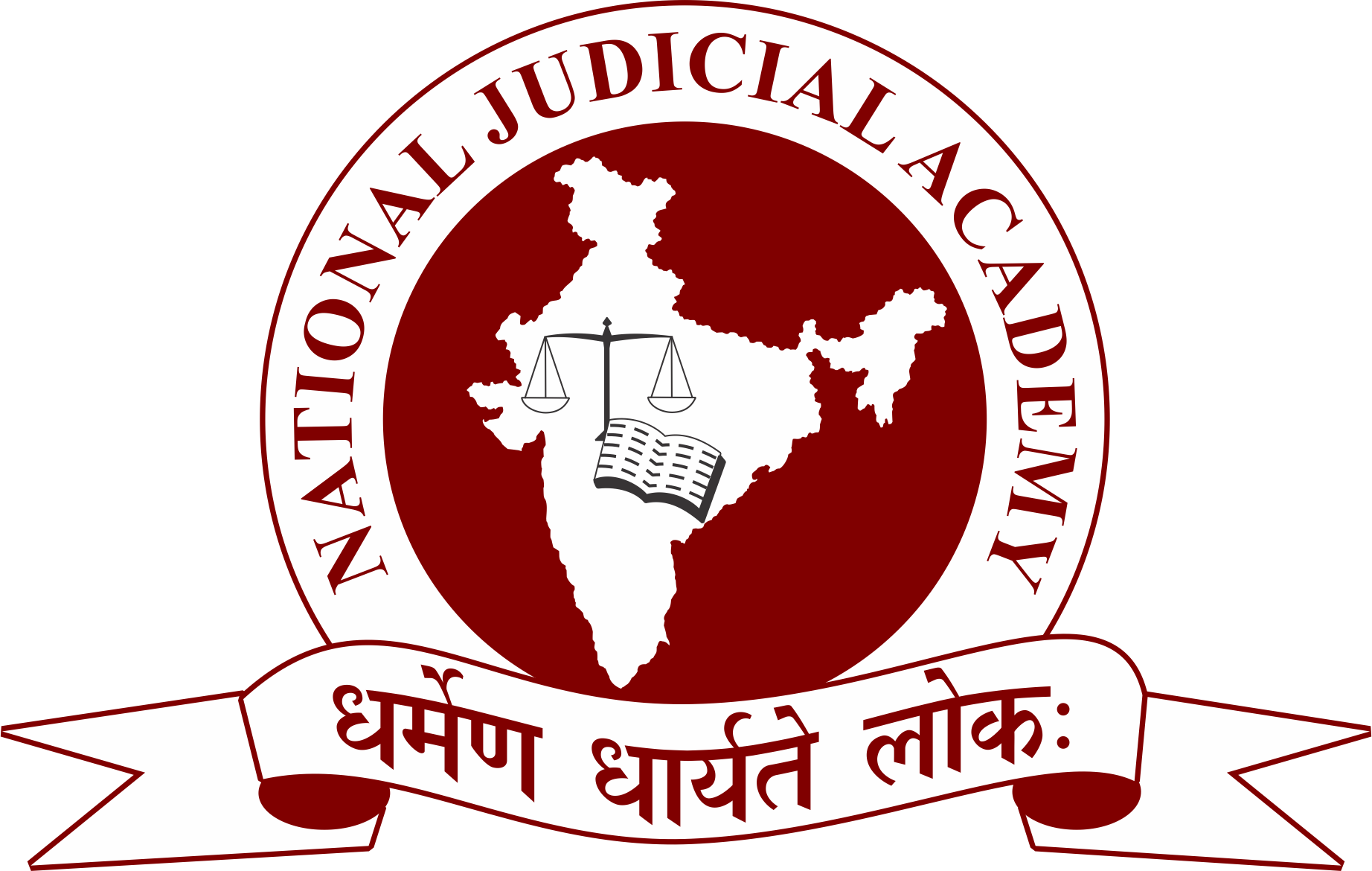The National Judicial Academy, Bhopal is a premier body fully funded by the Government of India through Ministry of Law & Justice, Department of Justice, established with a mandate to strengthen the Administration of Justice through Judicial Education, Research and Policy Development functioning under the control of the Supreme Court of India with Hon'ble the Chief Justice of India as its Chairperson and accordingly, the Academy is undertaking diverse training programs exclusively for Judiciary which not only endeavor to sensitize the Judges and Judicial Officers but also try to foster awareness on various developments in the field of Law and Judicial Administration.
As per the MoUs executed, the Academy is undertaking programs for Foreign Judiciary through ITEC platform of the Ministry of External Affairs, Govt. of India. The contours of these programs trace the overview and architecture of Indian constitutional arrangement, highlighting the constitutional vision of justice with its goals, roles and vision of Courts. The critical elements of judicial behavior viz. ethics, neutrality and professionalism sine qua non to a judges demeanor would be analyzed in these programs. Sessions to hone judging skills, including effective listening, assimilating, drafting and delivering quality judgments are factored in. Sessions on recent advances in the field of handling evidence (especially electronic evidence) are part of the programs. Principles of court and case management, management of court staff, tools, classification of cases, preparation of time schedules for case proceedings and adherence thereto etc. are covered in these programs. In the changed milieu (especially ever since the pandemic struck), portending a discomforting uncertainty, the evolving engagement of Indian judiciary with its colossal database in NJDG, deep and pervasive systematization with CIS, and proactive embracing of AI enabled projects viz. SUPACE, SUVAS projects, etc. will form the edifice to discuss the power of ICT and e-judiciary initiatives with the foreign judges. These programs also accommodate sessions on discussing the best-practices through landmark judgements. Further, extensive deliberations on education, gender equality and related jurisprudential developments, have become integral part of these programs. In essence, these programs sensitize the Judges on the features of Indian Judicial System, core judicial skills and recent developments in crucial legal areas along with gender issues and education.
The statistics of the ITEC programs so far conducted by the National Judicial Academy are as below:



